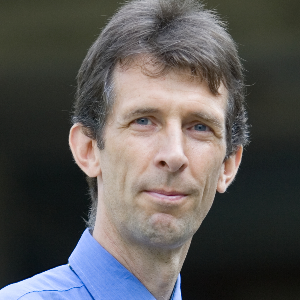Strengthening the Climate Change Science-Policy Interface
Overview
IAP has been accredited as an Observer Organisation of the Intergovernmental Panel on Climate Change (IPCC) since 2018. Under the umbrella of this status, and through an official collaboration with the IPCC National Focal Point for Italy established in 2025, IAP aims to conduct outreach activities on the role and functioning of the IPCC. Emphasis will be placed on practical information, opportunities to participate in the IPCC's work, sharing IPCC results, and how stakeholders can effectively communicate these to policymakers.
The overarching aim of this outreach activity is to establish a channel for dialogue between the IPCC, national academies, and individual experts and meet the need to increase the representation of experts from the Global South in the IPCC science-policy interface.
Among these outreach activities, IAP is organising a series of webinars in collaboration with the IPCC Focal Point for Italy. The events aim to convene climate change experts and other interested parties (e.g. representatives of academies of science), focusing on the process of IPCC calls for nominations of authors and how academies and experts can engage.
IAP is also working with ICTP to support early career climate scientists from developing countries and economies in transition. Through this initiative, these early career researchers will be paired with Chapter Lead Authors and Lead Authors from similar backgrounds. With funding from Wellcome, approximately 40–60 early career “Chapter Scientists” will be selected for a four-year period to contribute to the development of the IPCC Seventh Assessment Report, gaining hands-on experience in the assessment process and fostering greater representation of the Global South in IPCC authorship.
Background
The Intergovernmental Panel on Climate Change (IPCC) provides regular assessments of the scientific basis of climate change, its impacts, and future risks, as well as adaptation and mitigation options. The IPCC Assessment Reports provide authoritative information for governments and policymakers. While each IPCC report may include contributions from hundreds of authors, contributors and insights from developing countries are consistently underrepresented. This raises issues related to the diversity of inputs that are critical for policy-relevant assessments. There are also ethical aspects, as the risks and consequences of the climate crisis are disproportionately affecting the most vulnerable, those who typically live in countries that have historically emitted the least amount of greenhouse gases. Thus, there is a critical need to increase the breadth of insights and knowledge contributed to IPCC reports by experts from low- and middle income countries.

